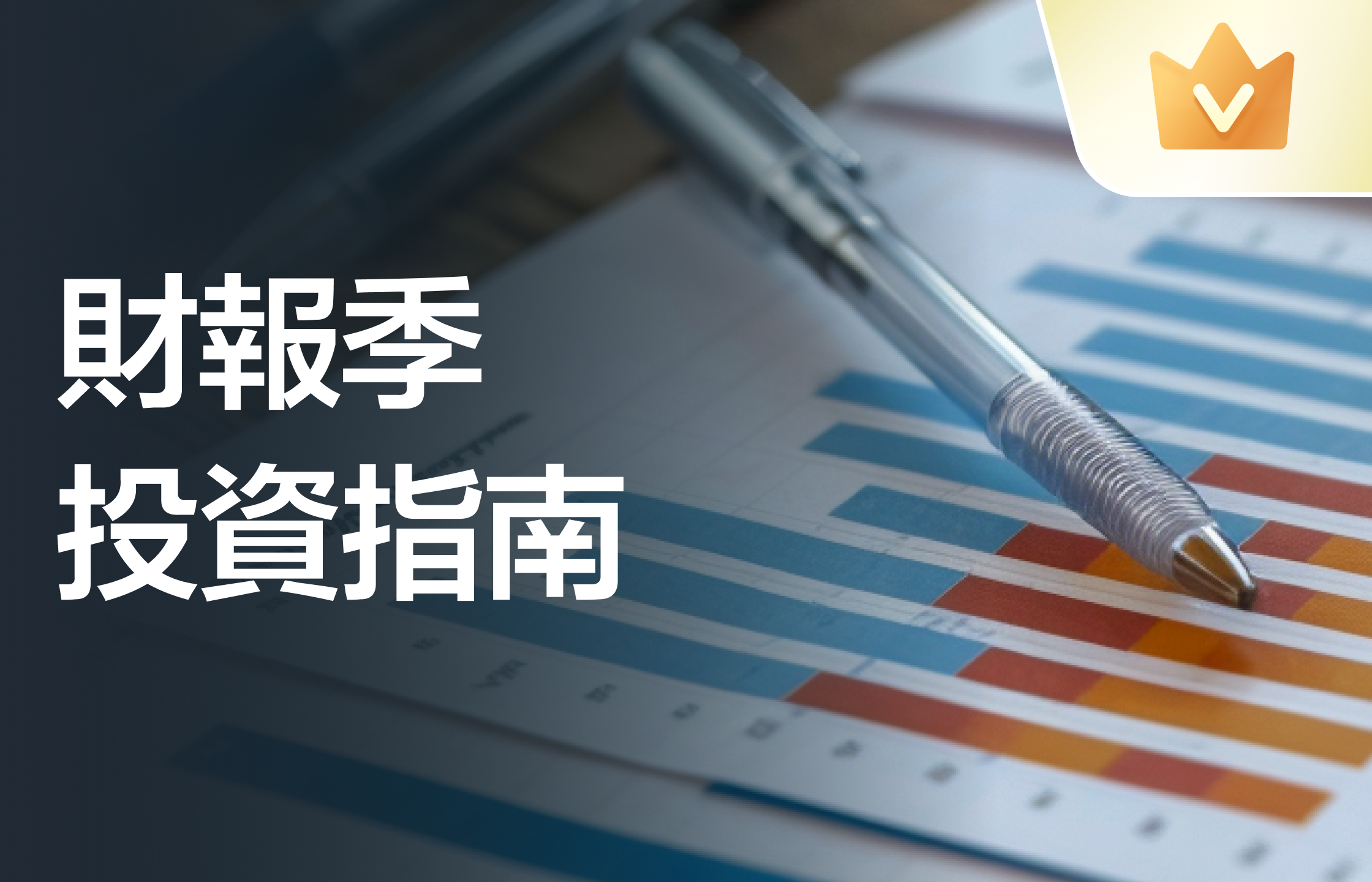①近日,工農中建等國有大行及招商、平安、興業等多家股份行火速落地股票回購增持貸款業務,接連公佈最新相關進展。②專家認爲,該業務爲銀行新業務增長點,不過銀行在開展這一業務的過程中需提高風控能力,對標的公司的經營穩定性、財務財務狀況等進行全面評估考察。
財聯社10月24日訊(記者 史思同)自央行正式推出股票回購增持再貸款以來,各大銀行火速行動,推進相關業務。財聯社記者注意到,近日,平安銀行、興業銀行、浦發銀行等多家股份行持續落地股票回購增持貸款業務,並公佈最新相關進展。
其中,如平安銀行已與超200家上市公司進行了貸款意向接洽,浦發銀行已與超過170家上市公司達成合作意向,興業銀行也在積極對接超120家各領域領軍上市公司等等。
 業內專家認爲,各大銀行火速落地上述業務,主要是積極響應監管政策,同時也是試圖搶佔市場先機,以求在新型貸款業務領域謀求更多業績增長。對此,專家建議,銀行在開展這一業務的過程中需提高風控能力,對標的公司的經營穩定性、財務財務狀況等進行全面評估考察。
業內專家認爲,各大銀行火速落地上述業務,主要是積極響應監管政策,同時也是試圖搶佔市場先機,以求在新型貸款業務領域謀求更多業績增長。對此,專家建議,銀行在開展這一業務的過程中需提高風控能力,對標的公司的經營穩定性、財務財務狀況等進行全面評估考察。
股份行加速落地股票回購增持貸款,平安、浦發等多家銀行密集公佈新進展
10月24日,財聯社記者獲悉,截至目前,平安銀行全國範圍內已與超200家上市公司進行了貸款意向接洽,其中已初步達成貸款合作意向且進入業務流程超50家,已達成意向上市公司涵蓋高端製造、生物醫藥及交通運輸等多個行業。
「政策發佈後,我行第一時間成立專項敏捷小組,優化審批流程,開通綠色通道。各部門加班加點推進相關產品制度創設,同時各地分行加快與上市公司客戶對接,積極推進合作落地。」平安銀行相關人士介紹稱。
與此同時,興業銀行也已完成20家上市公司的股票回購增持貸款業務審批,批覆總金額超40億元。同時,目前該行正積極對接超120家各領域領軍上市公司。
據財聯社記者不完全梳理,在政策發佈後的首個工作日,就已有工商銀行、中國銀行、建設銀行、招商銀行等多家銀行接連宣佈落地首批股票回購增持再貸款業務情況。隨後,浦發銀行、光大銀行以及興業銀行、平安銀行等多家股份行也迅速跟進落地及披露。
據浦發銀行公佈,該行寧波分行於10月18日率先完成2筆股票回購增持貸款業務的審批工作,爲兩家科創企業提供1億元授信支持。隨後,南京、廈門、廣州、杭州等分行陸續完成分行首筆股票回購增持貸款業務審批。
截至昨日,浦發銀行已完成多筆「股票回購增持貸款」審批,與超過170家上市公司達成合作意向,涵蓋集成電路、光學電子、生物醫藥、交通運輸、高端製造等多個行業,同時貸款利率原則上不超過2.25%。
另一邊,10月23日,上市公司北京利爾高溫材料股份有限公司公告宣佈與光大銀行北京分行達成股票回購增持貸款合作,也標誌着光大銀行首批股票回購增持貸款業務落地。
發力新業務增長點,銀行需提高風控能力加強標的公司評估
實際上,自10月18日,中國人民銀行、金融監管總局、中國證監會發布《關於設立股票回購增持再貸款有關事宜的通知》,推出「股票回購增持再貸款」政策工具以來,各大銀行便火速落地相關業務。
對此,素喜智研高級研究員蘇筱芮告訴財聯社記者,各大銀行積極跟進火速落地股票回購增持貸款業務,主要是積極響應監管政策,同時也是銀行試圖搶佔市場先機,以求在新型貸款業務領域謀求更多業績增長。
蘇筱芮表示,「股票回購增持專項再貸款」作爲央行支持資本市場穩定發展的政策工具,一方面能夠幫助有相關需求的上市公司在合規框架下開展行之有效的市值管理,另一方面也有助於維護資本市場穩定運行,對於支持上市公司業績增長、提振市場信心等均構成利好。
同時,博通諮詢金融業首席分析師王蓬博也進一步指出,股票回購增持貸款政策對銀行而言無疑是一個新的業務增長點,爲銀行帶來利息收入。不過銀行在開展業務時需提高風控能力,對標的公司的經營穩定性、財務財務狀況等進行全面評估考察。若上市公司經營或是股價等方面出現問題,可能會影響到銀行貸款本金的收回。
而對於相關上市公司而言,藉助股票回購再貸款,上市公司及其主要股東可以從銀行獲得低成本專項資金用於股票回購和增持,有利於優化公司資本結構,提高公司財務穩健性,同時也可以提高股權資本使用效率,提升股權回報率。

 业内专家认为,各大银行火速落地上述业务,主要是积极响应监管政策,同时也是试图抢占市场先机,以求在新型贷款业务领域谋求更多业绩增长。对此,专家建议,银行在开展这一业务的过程中需提高风控能力,对标的公司的经营稳定性、财务财务状况等进行全面评估考察。
业内专家认为,各大银行火速落地上述业务,主要是积极响应监管政策,同时也是试图抢占市场先机,以求在新型贷款业务领域谋求更多业绩增长。对此,专家建议,银行在开展这一业务的过程中需提高风控能力,对标的公司的经营稳定性、财务财务状况等进行全面评估考察。